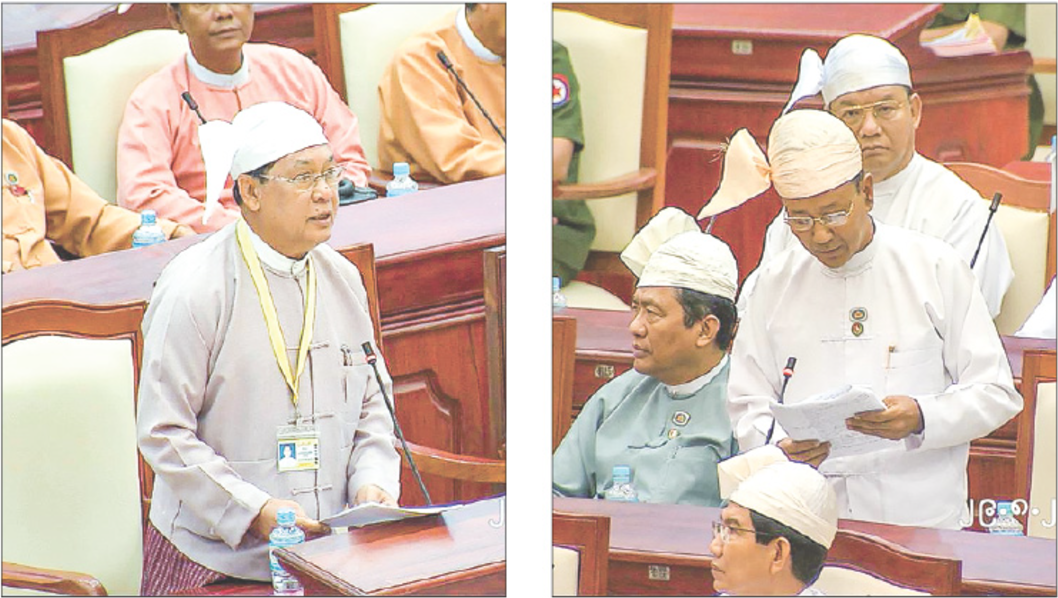A member of Myanmar’s lower house of parliament has proposed the creation of a national DNA database in an effort to preserve the country’s “ethnic races,” promote national security, and verify citizenship.
MP Dr. Maung Thin, a member of the Union Solidarity and Development Party representing Meiktila, introduced the proposal yesterday, arguing that a national DNA database would help identify a person’s lineage and could be used as a reference in the national registration process.
Six other MPs joined the discussion on the proposal. Tatmadaw MP Major Htin Lin Oo supported it, saying: “Each and every country across the world is conserving its own cultures. As for the Union, with its own cultures and characteristics of esteemed lineage, it is the national responsibility to ensure the eternal survival of the national ethnic peoples and their cultures.”
He added: “It is the national responsibility to have DNA records, which can be used as a reference for each individual ethnic race. It also serves the responsibility for national security from a technical point of view.”
“This proposal encourages the documentation of the characteristics of national ethnic people born in the Union down to a genetic level, using cutting-edge technologies of the modern age,” concluded the military MP.
Other MPs who joined the discussion listed various countries that keep national DNA indices, but they failed to explain that these databases are primarily used to solve crimes – not codify ethnicities.
Thein Swe, Myanmar’s minister for labour, immigration and population, said: “We need laws regarding a database for DNA records. Moreover, experts, modern laboratories, and related items are required. The government also should have a plan for long-term expenses.”
On August 24, Thein Swe publicly defended Myanmar’s 1982 Citizenship Law, saying it will not be reviewed in line with the recommendations of the Advisory Commission on Rakhine State, despite its flaws.
The 1982 law divides Myanmar’s citizens into 135 “national ethnic races,” excluding the Rohingyas. The categories have since been reinterpreted to grant citizenship to certain groups when it is politically advantageous to the government, but they are more often invoked as a justification for denying citizenship to the Rohingya community.
The proposal was put on record and ultimately defeated by a vote of 222-150.





Reader Interactions